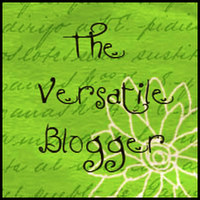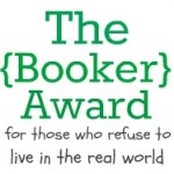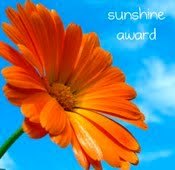
This bias has existed for a long time in the traditional publishing industry where the preferred work, especially for new authors, is the novel. You would guess that in the self-publishing world that would not be the case, but this unfortunately is not true. Many blogs and websites that feature books do not even have a category for short stories, and a few even state that they don’t feature short stories. Others don’t state it outright but clarify that they will not feature works under 50,000 words or so (which also excludes novellas).
Some of this bias may come from the misguided notion that short stories are for beginning writers, whereas “real writers” are the ones who write novels. This is of course hogwash. Even though some writers do consider short stories to be a stepping stone for greater work, many of the greatest writers of all time have regarded the short story as a bona fide art form of its own. Among these you find Edgar Allen Poe, F. Scott Fitzgerald, John Updike, O. Henry, Stephen King, Ray Bradbury, Isaac Asimov, Washington Irving, H. P. Lovecraft, and many others. However, this notion still persists nowadays.
The other reason for the bias is probably rooted in reader behavior. Readers may just feel better about becoming involved with a certain set of characters over the expanse of a longer work instead of having to repeat the process every 5,000 words or so as they would have to do with a diverse group of short stories. Readers also may crave the level of plot development and character definition that is only possible within the context of longer works.
Therefore, as a new author, you will have a harder time selling short stories compared to novels. Also if the collection does not include a lot of stories you will probably sell them for a price below $2.99, which is the limit of the 70% royalty for Amazon (anything below that is 35% royalty). This will make it harder to recoup your investment on the book and on promotion.
But even given the above caveat, I think that there is something that must be understood. Many stories are better told as short stories, or novellas, instead of as novels. I believe that if you find yourself asking “How can I add new characters, or more description, and other filler material to beef this story up to the 50,000 word mark of a novel?” you are going down the wrong track. Writing a novel is not like inflating a balloon. Unless you are a gifted writer or have tapped into a crowd of readers who don’t care, filler material is going to stick out like a sore thumb and your otherwise great short story or novella will be ruined by long, boring, senseless passages and/or superfluous characters.
What do you think? Photo credit: Gflores / Foter / Public Domain Mark 1.0
***
If you like this blog you can have links to each week's posts delivered to your e-mail address. Please click here.


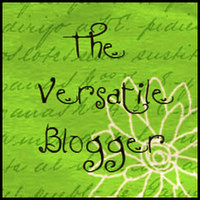
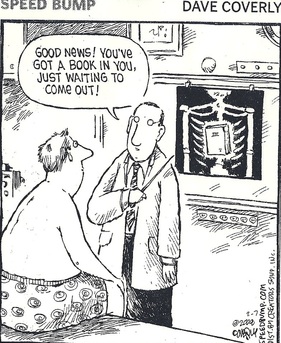
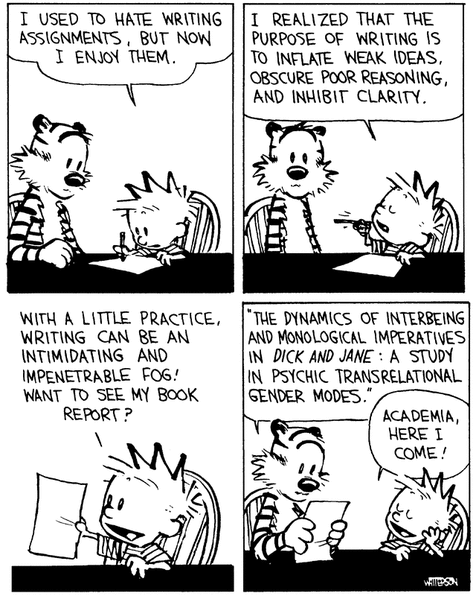
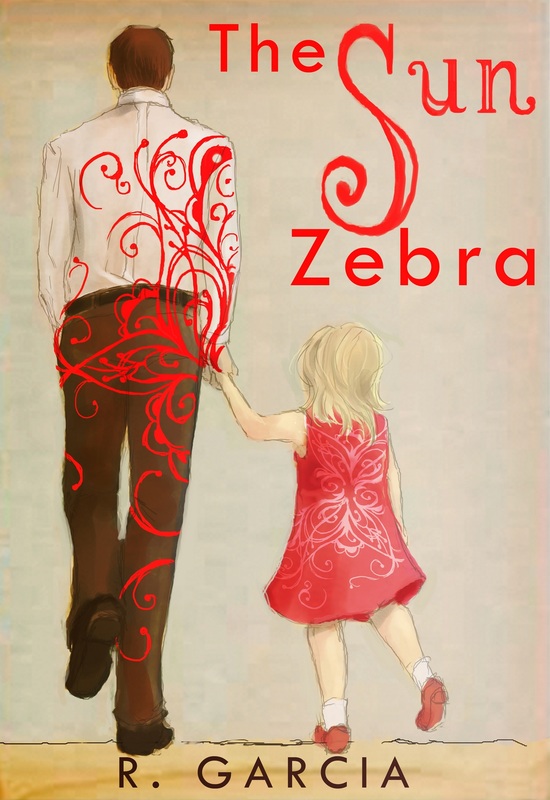

 RSS Feed
RSS Feed
